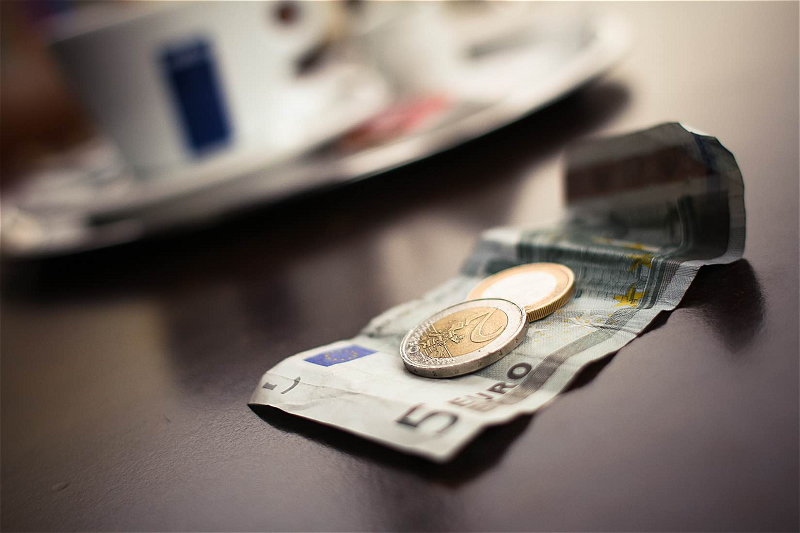
Getting out of debt takes discipline and a plan; if you’re like many Americans in the current tough economy, you’ve probably got the discipline part down pat; now all it takes is a tried and true plan to get your finances under control.
If you’re in over your head with debt, then follow these straightforward steps to get closer to a semblance of financial freedom. Credit cards and personal loans can be a great help in times of need, but it’s also tempting to fall into the trap of forgetting that you’re borrowing money and not actually making it. Without further ado…
-
Cease Credit Card Use – But Don’t Cut Up Your Cards
Because of the ubiquity of credit cards, and the sheer number of applications that the average person receives in the mail, it’s tempting to employ them to fund your lifestyle. If you’re serious about eliminating debt, then you have to start living within your salaried means and stop using the cards – unless you pay off everything you buy without incurring interest.
Do not cut your cards up or cancel your account, because the length of your credit history plays a big role in your credit score.
-
Budget, Budget, Budget
This is tied into the above. You need a budget to help you keep track of what you spend, so that the temptation to start using your credit cards again doesn’t arise. More importantly, creating a budget lets you maintain a surplus of cash with which to actively start paying down the principal.
The most straightforward way to do this, since money hardly grows on trees, is to get a second, very part-time job. Since it only takes a few hundred dollars or so per month to start seeing a real difference in your debt, you can make a lot of headway with this and notice a rise in your credit score shortly. Of course, you may need to stop eating out so much…

-
Found Cash Should Be Debt Cash
All this means is that whenever you receive some unexpected money, it should go towards your debt. This means lottery winnings, inheritance, eBay selling, etc should all be used to pay down your debt so that you aren’t financially hampered. This is what it means to be serious about paying it down and improving your credit history.
-
Organization and Debt Consolidation
Isolate your credit cards that have the highest interest rates and pay them off first; as a result, you’ll save the most money possible over time. This method is called laddering, and can ease your financial burden noticeably in just a handful of months as the minimum payment amounts dwindle.
In the meantime, it’s okay to pay just the minimum on your lowest interest rate cards, while paying as much as feasible on the ones with the higher rates.
When it makes sense, you should also look into consolidating your debts. This has a host of positive benefits such as eliminating missed payments, the convenience of having all your debts under a single interest rate, and a longer repayment term leading to lower monthly payment.
-
Create a Checking Account With Emergency Cash
There’s always a chance that something comes up, and you need a wad of extra cash. By creating an emergency fund of maybe $1000-$2000, you will ensure that you don’t start using your credit cards again should the need arise.